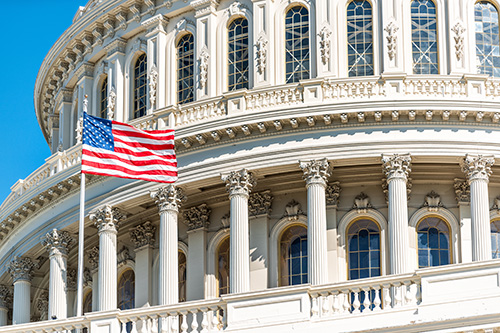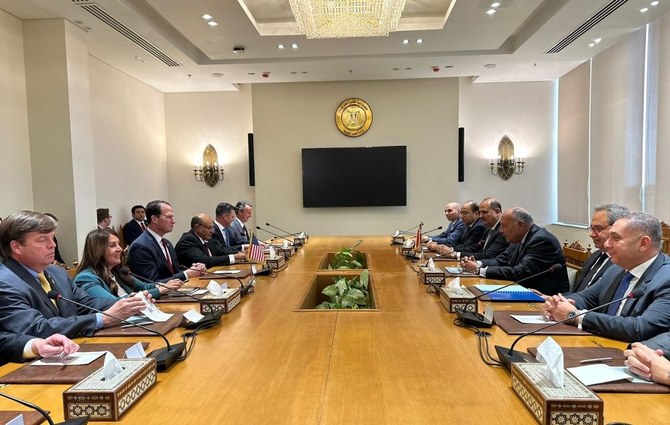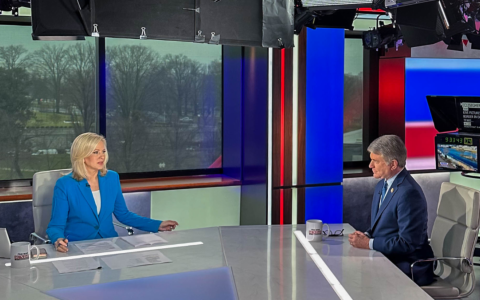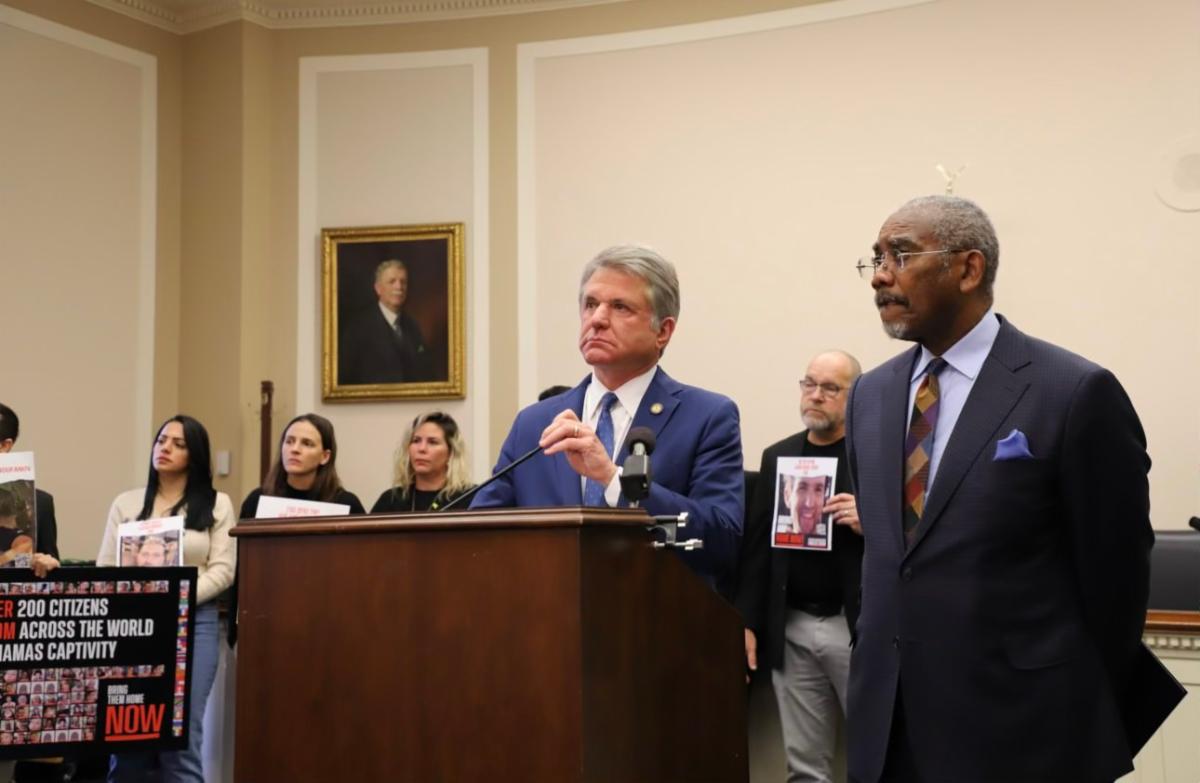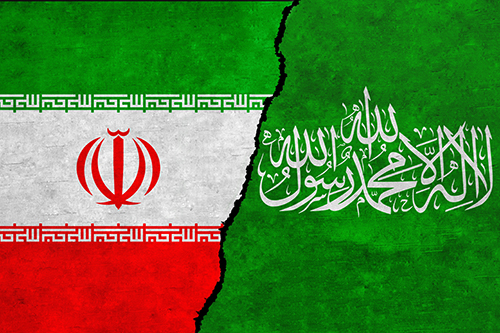Pakistan's Safe Havens For Terrorists
On May 21, 2016, a U.S. drone strike killed the leader of the Afghan Taliban, Mullah Mansour.
To no one’s surprise, at the time of his death Mansour was in southwestern Pakistan.
The drone strike Pakistan’s longstanding support for terrorist groups.
For example, Pakistan openly supported the Afghan Taliban both before and after the extremists took control of Kabul in 1996.
Islamabad’s connection to terrorist groups is so close that in 2011 Admiral Mike Mullen, then chairman of the U.S. Joint Chiefs of Staff testified before the Senate that “the Haqqani network acts as a veritable arm of Pakistan’s Inter-Services Intelligence agency.” The Inter-Services Intelligence Agency or the “ISI” is Pakistan’s version of the CIA. The Haqqani Network is not a nice group of people. They have killed more Americans in the region than any other terrorist group.
A leaked NATO report in 2012 detailed Pakistan’s ongoing relationship with the Taliban. The report described Pakistan’s “manipulation of the Taliban senior leadership” and claimed that the government was aware of locations of senior Taliban leaders, including some who lived in the vicinity of the ISI headquarters in Islamabad.
The laundry list of evidence of Pakistan’s support for terrorists goes on and on. We all remember where al-Qaeda’s leader and America’s most wanted terrorist Osama bin Laden was found: in Pakistan, of course.
In response to the Bin Laden raid, Pakistan put the doctor who helped us in jail and closed the U.S. military’s supply route from Karachi port to Afghanistan for 7 months. While Pakistan has been harboring and supporting terrorists with American blood on their hands, it also has been receiving billions in U.S. foreign assistance.
In fact, Pakistan is one of the leading recipients of U.S. aid in the last 14 years. Congress has appropriated more than $33 billion to Pakistan since fiscal year 2002.
One of the ways we have given Pakistan money over the years is by reimbursing them for efforts they take to fight terrorists.
But a GAO study from 2008 found that the Department of Defense could not verify the validity of Pakistan’s claims. The GAO study concluded that some reimbursed costs were potentially duplicative or not based on actual activity.
In 2010, Special Representative for Afghanistan and Pakistan Ambassador Richard Holbrook said that roughly 40% of Pakistan’s reimbursement requests were rejected.
Each year we say that Pakistan is at the crossroads and needs to decide whether it is going to fight terrorists or fight on our side. In fact, just two months ago the State Department’s Amb. Richard Olson, used this very line. But the United States has been using this line for the last 15 years. Enough is enough.
Pakistan is playing us. They are trying to have it both ways. They want our money and they keep supporting terrorists who target Americans.
I invited Amb. Olson to come testify before us and explain himself, but he refused. Instead, the State Department said this was a “particularly sensitive time in our relationship with Pakistan”. In other words, he was afraid Pakistan would come away looking bad. Well that might be just because Pakistan is bad.
Now we have put conditions on aid to Pakistan before, requiring them to really go after terrorists if they want our money. But those conditions have always had a waiver attached to them and every year, the President has exercised that waiver. In other words, we paid Pakistan even though it did not go after terrorist groups. Well, for the first time last year, we did not include a waiver on $300 million of money for Pakistan. And guess what? Pakistan did not get the money because it had not gone after the terrorist groups. Even when there are hundreds of millions of dollars on the line, Pakistan refuses to go after terrorist groups.
The reality is that Pakistan has chosen sides. And it isn’t ours. It is time to change our policy towards Pakistan.
We do not need to pay Pakistan to betray us. They will do it for free.
And that’s just the way it is.



